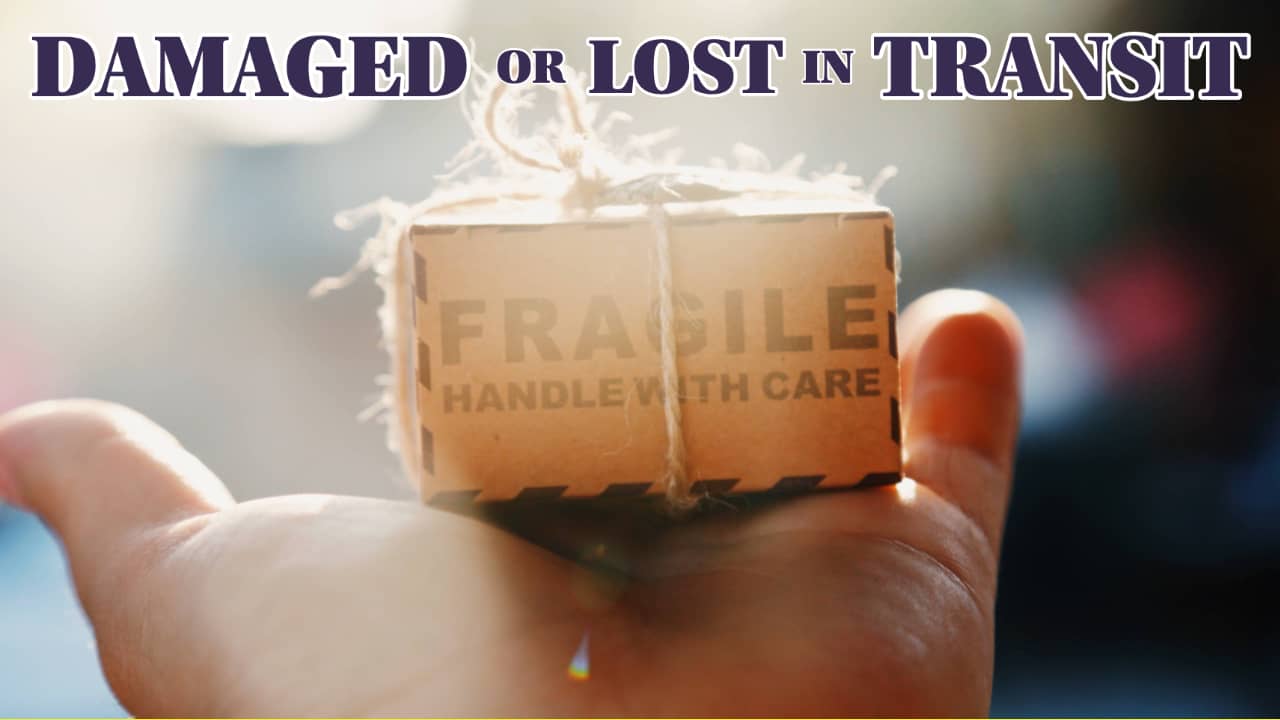
Your Package Arrived Damaged, Now What?
3-minute read (4-minute listen)
In an interview, Heather du Plessis-Allan talks to John Duffy, Consumer NZ CEO, about liability for damaged packages.
Full Audio Interview (transcription below):
Heather: New Zealand Post worker has been caught on video throwing parcels from a carrier bin onto the ground. NZ Post has unreservedly apologized for what it says is a one-off incident. The CEO of Consumer New Zealand, John Duffy, is with us.
Hi, John, what did you think?
John: It was pretty shocking to see. We watched the footage earlier today, and it was disappointing. And I can see why NZ Post came out and apologized pretty quickly.
Heather: If you have something that arrives in the mail or via the courier, and it’s broken inside, what are your rights?
John: Well, effectively, your rights are against the seller. So let’s say you’ve bought something online, and there are increasing numbers of us who have done that this year for Christmas, your contract is with the seller. The seller is the one who has arranged for the delivery.
So if something turns up and it’s broken, you can send it back to the seller and either get a replacement or a refund under the Consumer Guarantees Act.
If the seller tries to push you off to the courier, they could be misleading you about your rights under the Consumer Guarantees Act, and you should push back on that.
Heather: And if you’re the seller, and something that you’ve sent via the courier arrives broken, you’ve got pretty good grounds to be able to claim that back from the courier?
John: That’s right. Your arrangement is with the company that you’ve engaged in transporting those goods, and it’s up to you to argue for compensation with that company.
Heather: Do you guys get any complaints about this kind of stuff?
John: Yes, pretty regularly. A lot of it comes down to a lack of understanding on the part of sellers. When something gets smashed by the courier, it’s nonetheless delivered to the end consumer, and it’s really obvious broken in transit. That is a straightforward one.
Some of the murky ones are, for example, where something gets dropped off, the courier says that’s absolutely fine, but maybe it gets nicked off the front porch or otherwise misplaced. It becomes a bit murkier in those circumstances as to where liability lies.
And that’s why it’s always really good to do a sign for to show that you’ve received the goods. And couriers should also want that to make sure that they’re covered. Where couriers sign the docket themselves and then claim that the consumer signed it, it can lead to trouble.
Heather: Would you expect that this guy who was doing this would get in trouble with his boss?
John: I would imagine so. It is a bit of “bloody nose” for NZ Post at a time where NZ Post and other carriers around the country have been working bloody hard to keep people supplied through COVID lockdowns and moving into the Christmas rush.
It’s pretty unfair that this guy has done this when thinking of his colleagues and the reputation of NZ Post. It’s pretty rough conduct.
Source: Newstalk ZB. This interview was edited for clarity.
P.S. Easy Freight Ltd helps New Zealand importers & exporters to save money on international freight and reduce mistakes by guiding how to comply with Customs and biosecurity rules.
➔ Contact us now to learn how we can assist you.
